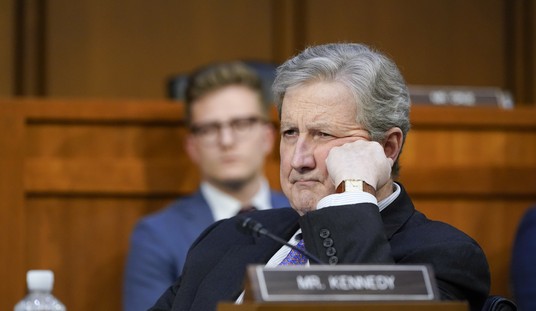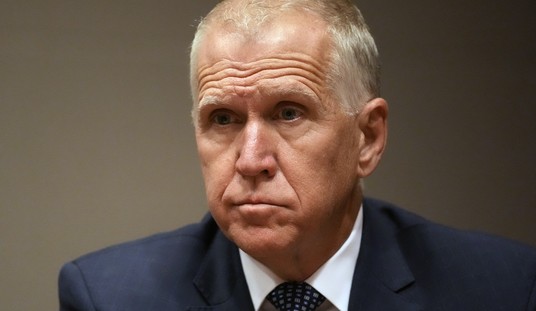=========
=========
Promoted from the diaries by streiff. Promotion does not imply endorsement.
=========
=========

Today, the series looks at two Western states and one New England state.
Idaho
With no Senate race on tap and an open gubernatorial race, this red state should remain true to form in 2018. In the Governor’s race, current Lt. Governor Brad Little defeated Congressman Raul Labrador in the GOP primary and should defeat his Democratic opponent, Paulette Jordan. Both House seats will remain in GOP control, including the open 2nd being vacated by the aforementioned Labrador.
Utah
True to his word, GOP Senator Orrin Hatch is retiring creating an open seat. Mitt Romney will finally get to Washington as a Senator although he did not secure enough votes at the party convention and had to endure a primary that he handily won.
The only House race of interest is the 4th District where GOP incumbent, Mia Love- the first black female member of Congress from Utah (who happens to be Republican)- seems to be an unwise Democratic target ever since she won this seat. The Democrats are making hay over alleged campaign finance violations by Love that require some explanation.
Utah uses a convention system to nominate candidates for office and assuming they win the requisite percentage of votes, they forego a primary. As was mentioned above, Romney failed at this task during the GOP convention and had to go through a primary. Love, on the other hand, won the vote at the convention and had no primary and only token opposition at the convention. However, she apparently accepted $1.15 million in campaign donations during the convention/possible primary cycle. The Democrats are crying foul claiming she is flouting campaign finance law donor caps. The maximum allowed is $2,700 for the primary and then another $2,700 for the general election. However, if there is no primary, as is what happened here, the rules are vague whether Love has to refund that $1.15 million, or whether she can put it toward the general election campaign and then allow the same donors to cough up another $2,700. Mike Lee did this in his Senate campaign, but the Democrats note that Lee was anticipating a strong intra-party challenge at the time. Thus far, Love has refused to refund the money.
Her opponent is Ben McAdams whom Love is portraying as being an acolyte of the Clintons and supporter of Nancy Pelosi even though he has stated he would not vote to support Pelosi for any leadership role in Congress. It seems far-fetched to believe that Love is in much trouble here- legally or electorally- and the campaign finance allegations are a side show that Utah voters care little about, especially arcane rules. Polls show a relatively close race, but where Love is concerned, they have in the past also and then she easily won the election. One suspects the same thing to happen this year.
New Hampshire
Heading east, New Hampshire has an open Congressional seat and a Governor’s race. In the latter, incumbent Republican Governor Chris Sununu, a name well-known to New Hampshire voters, is one of the most popular incumbent Governors in the country from either party. And that should be reflected in the results come Election Day. However, we do live in uncertain political times and to his credit, Sununu is not resting on his laurels. New Hampshire, like its neighbor Vermont, elects a Governor every two years instead of the traditional four.
Carol Shea-Porter, the Democratic incumbent in the First District, is retiring creating an open race. This is one seat the Democrats need to defend this year- a rarity. Chris Pappas is their candidate while Eddie Edwards is the Republican candidate. In five of the past six Congressional election cycles, this seat has changed parties, mainly between Shea-Porter and Frank Guinta for the GOP. With neither in the picture this year, all bets are off making this a truly swing, Democratic-held seat and a ripe Republican target to offset anticipated losses elsewhere.
The problem is that advertising is out of the expensive Boston media market and Democratic organizations have put up $1.35 million in television and radio advertisement. And since the Democrats like to tout the fact that they elect the first something or other, the Republicans can boast, should Edwards win, that they elected the first black Congressman from New Hampshire. Most pundits rate this race a toss up and it will be closely watched come Election Day. We may get a sense of how things will go the rest of the night for the GOP. Since this analysis works from a worst case scenario for the GOP, this writer gives the edge to the Democrats here.
So, with now 8 states down and 42 to go, here is the running partisan breakdown:
US House: 17-6 Republican; US Senate: 9-7 Republican, and; Governors: 6-2 Republican.
Tomorrow: Louisiana, Kentucky and Massachusetts














Join the conversation as a VIP Member